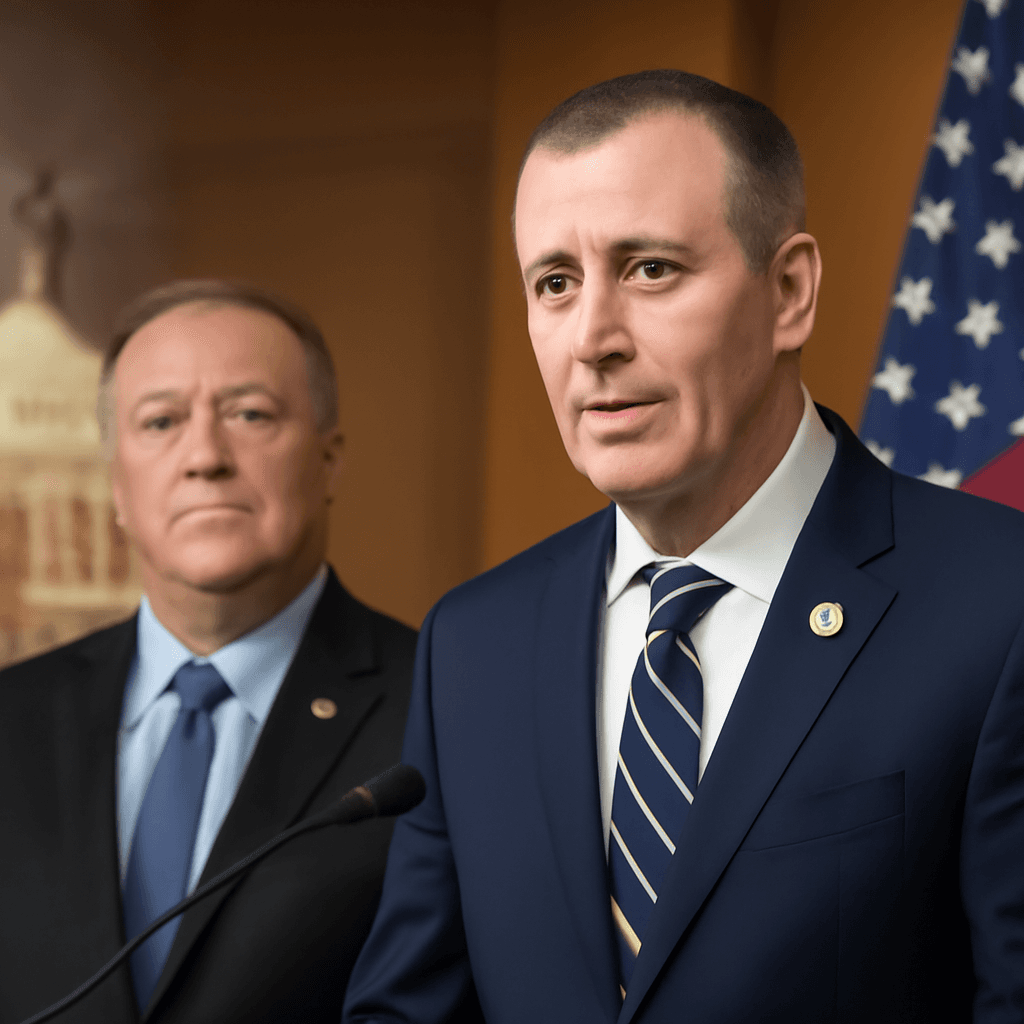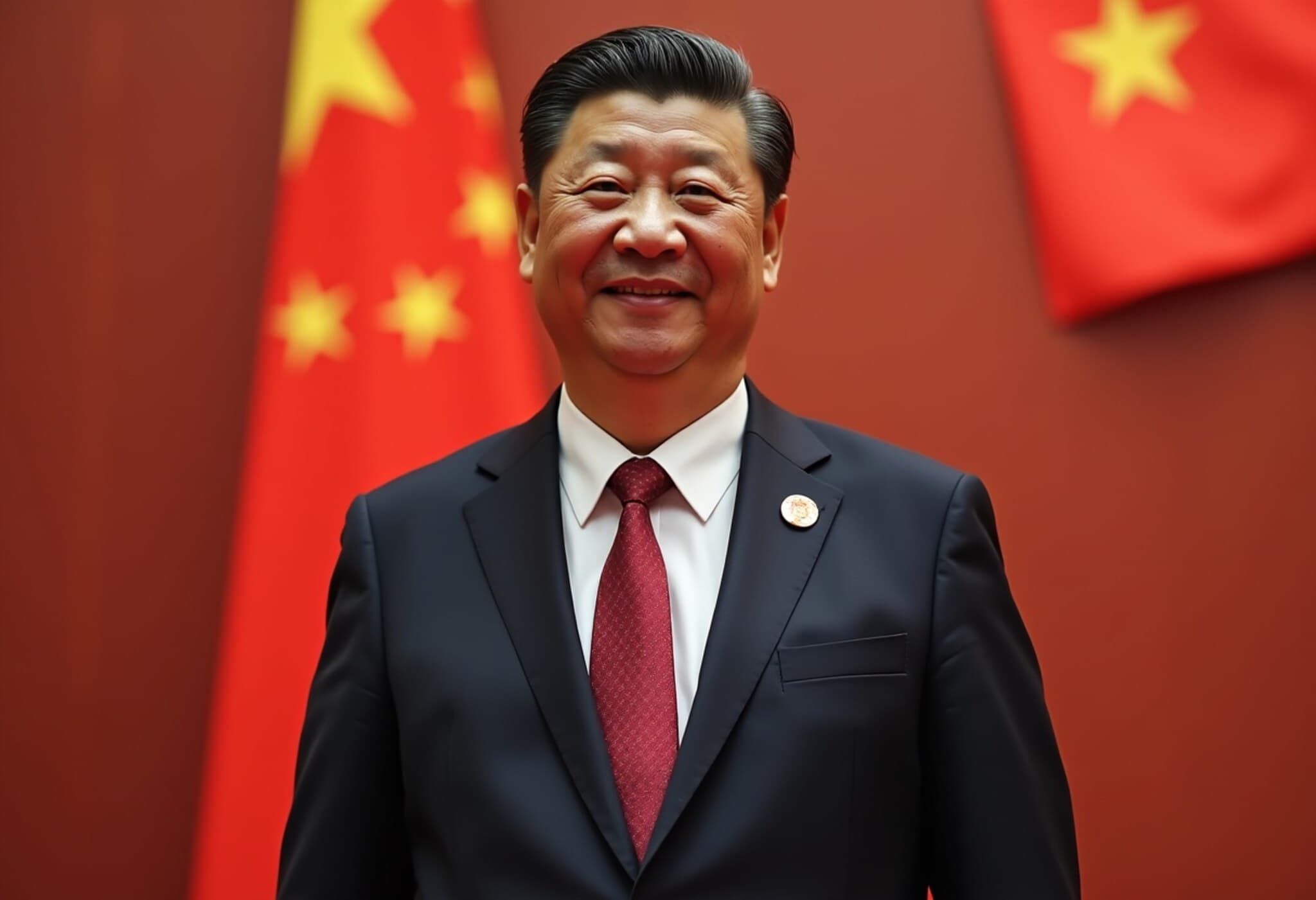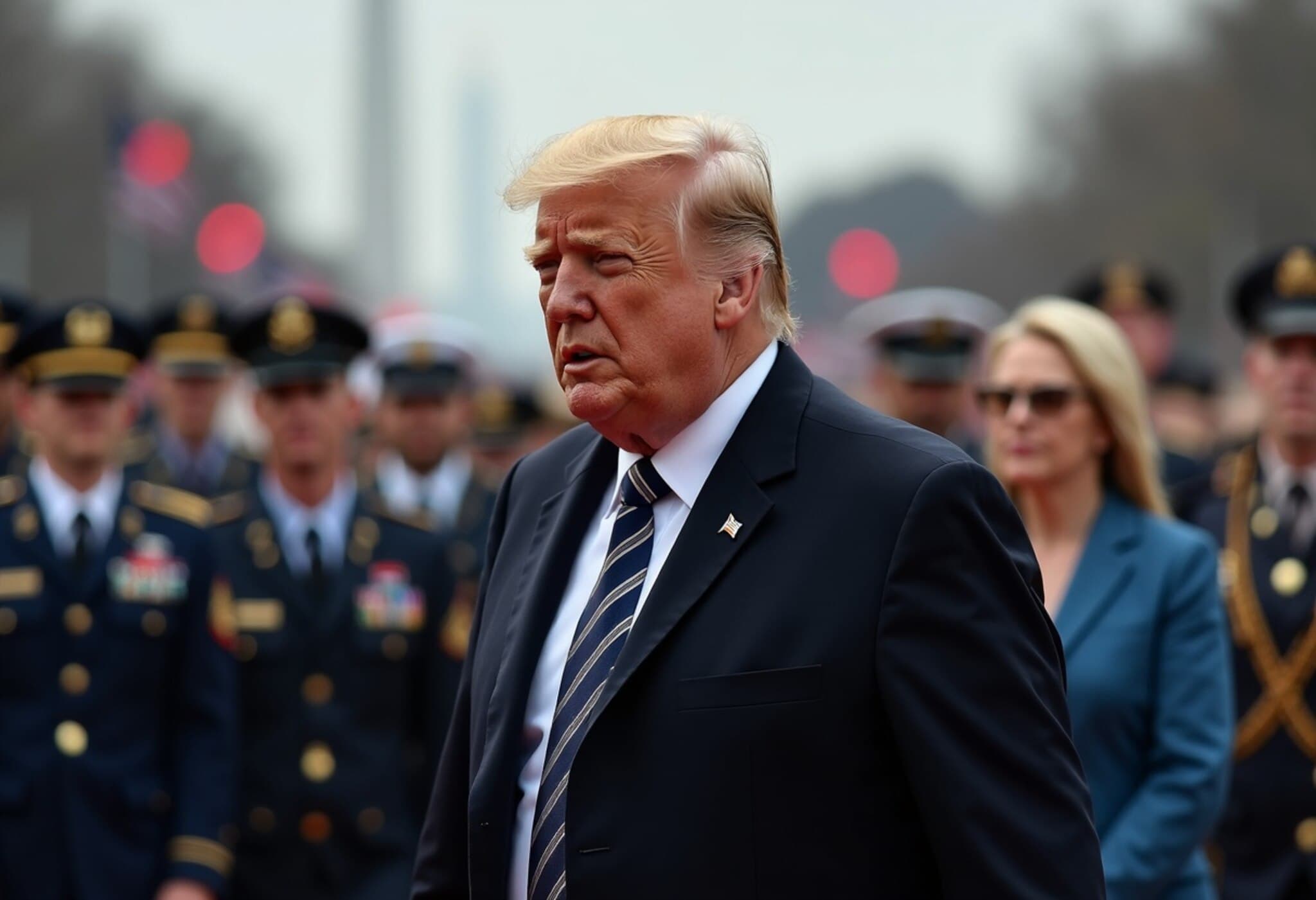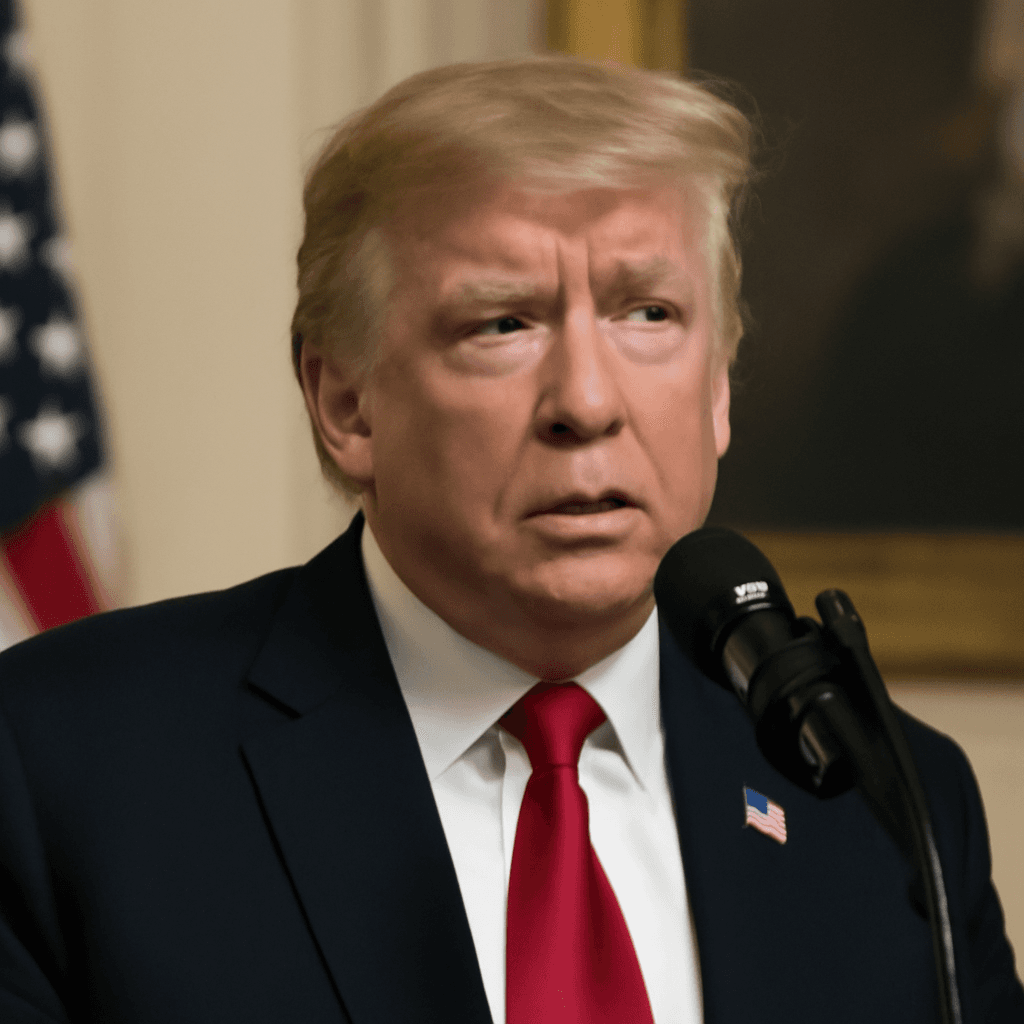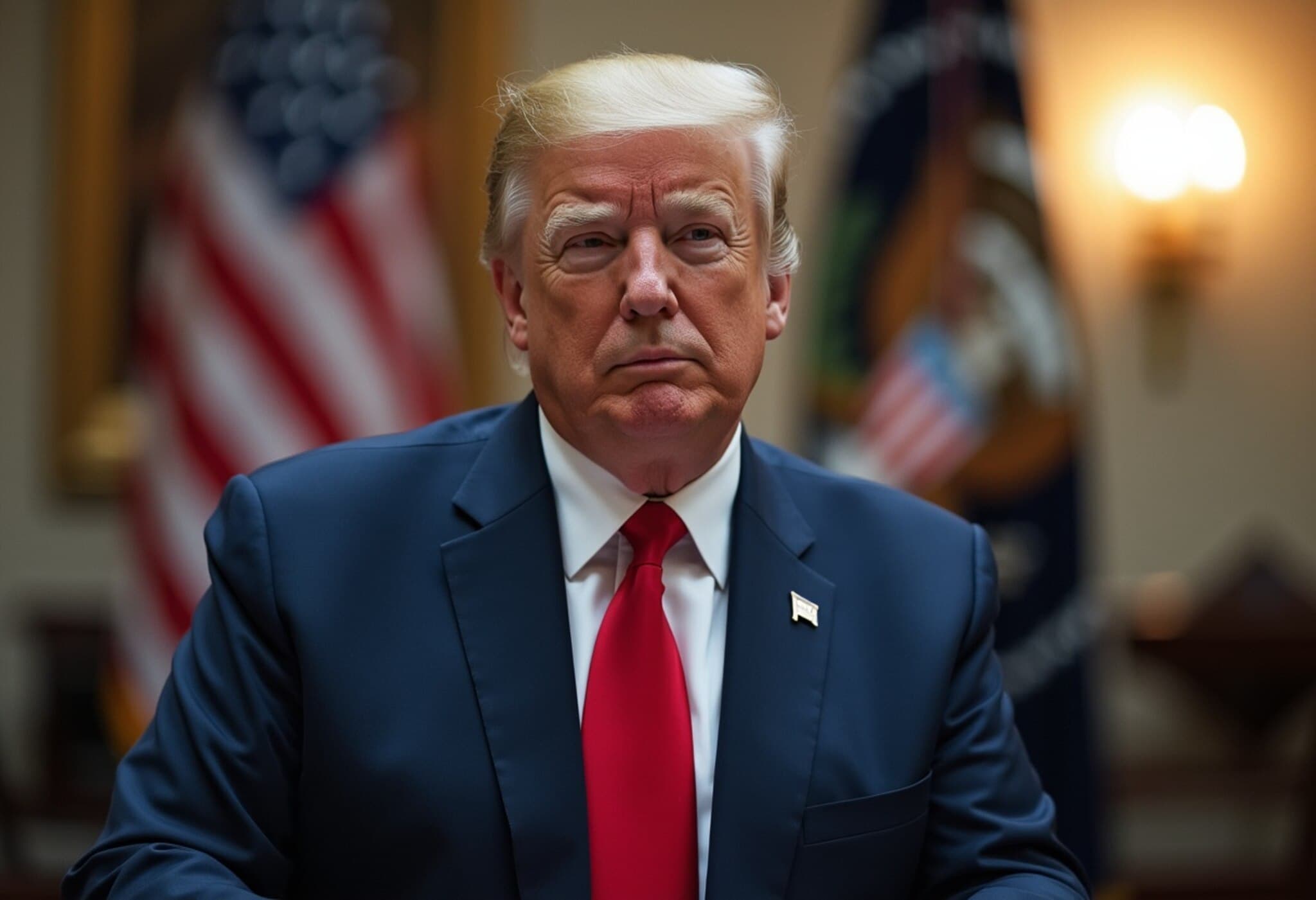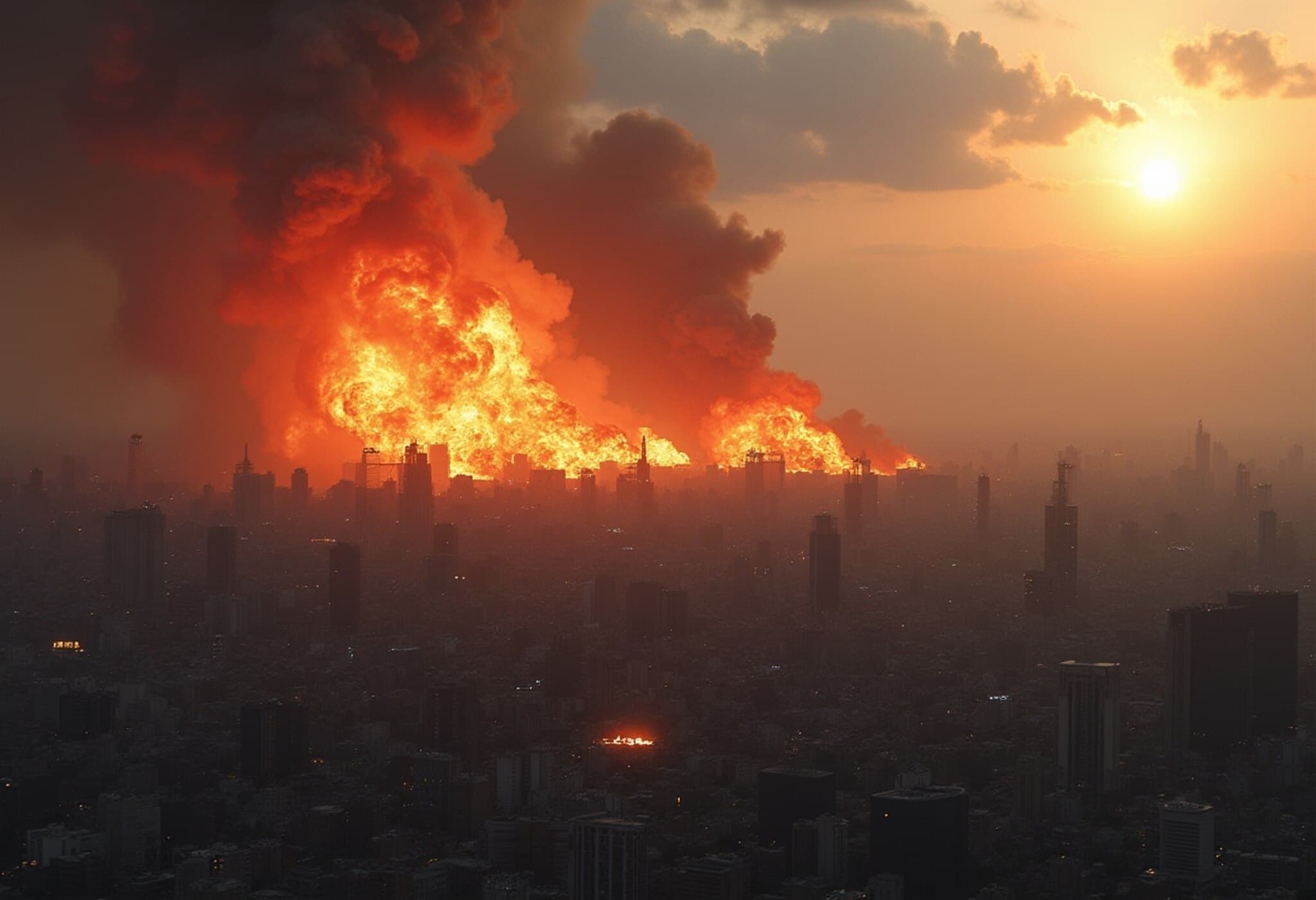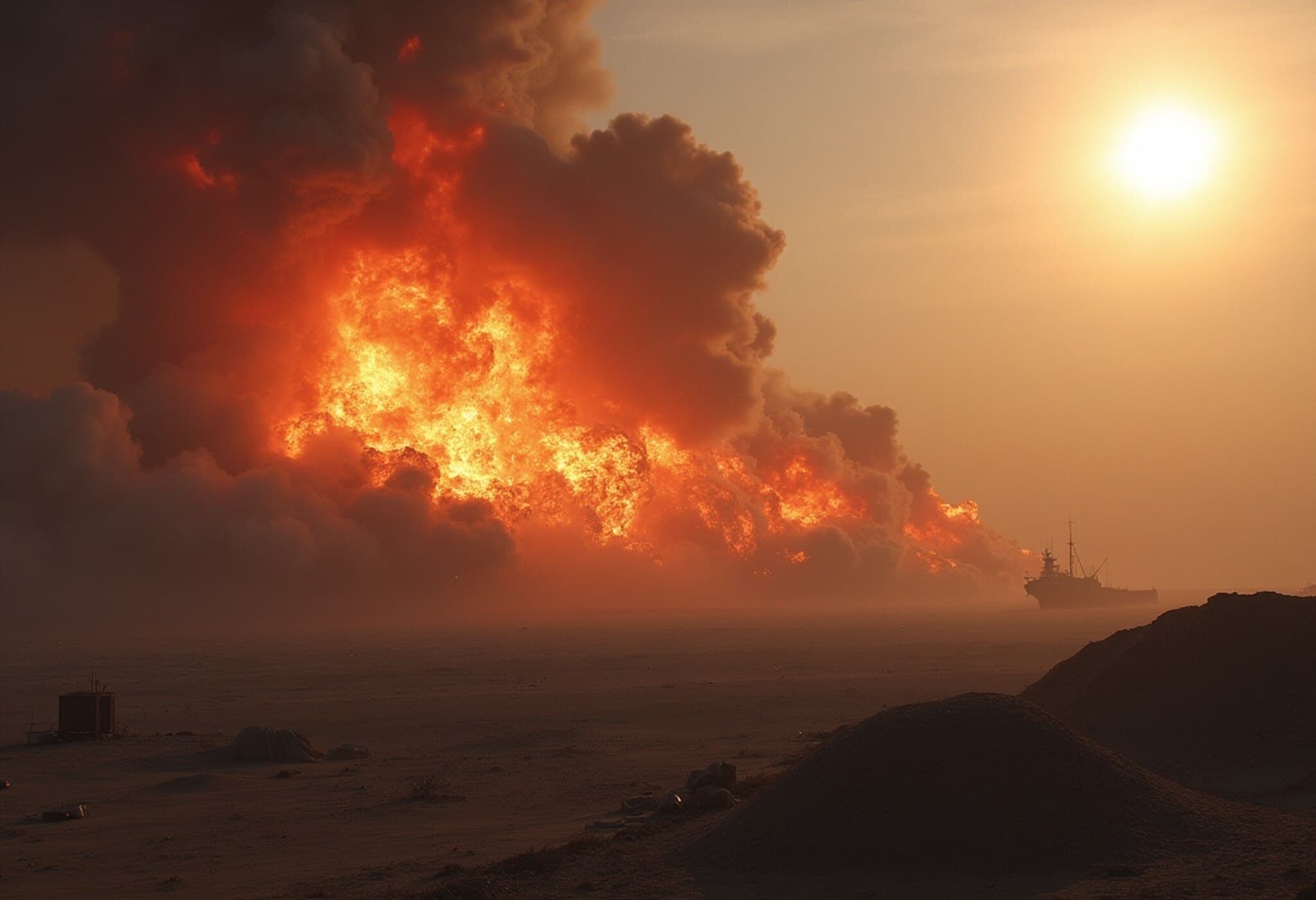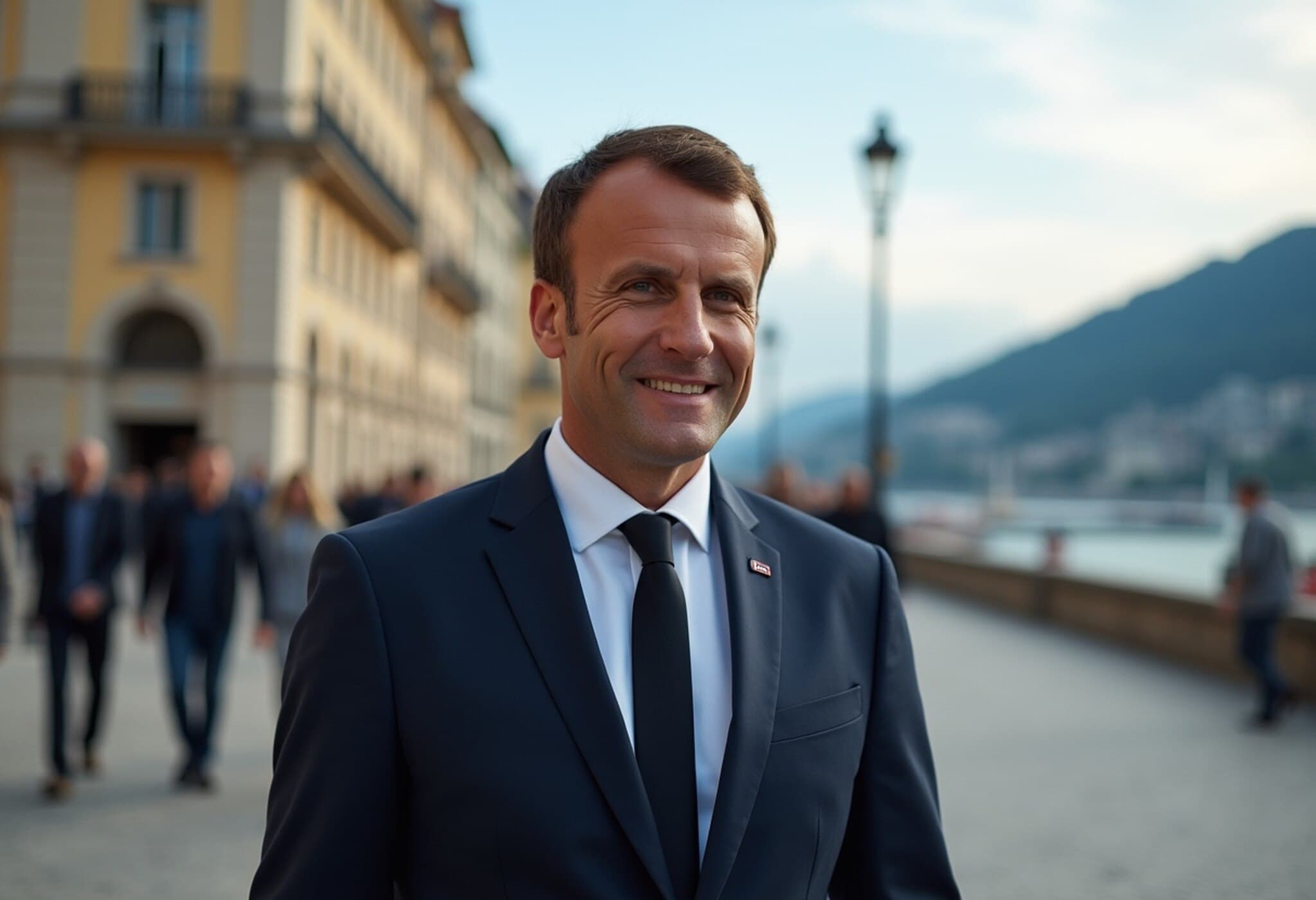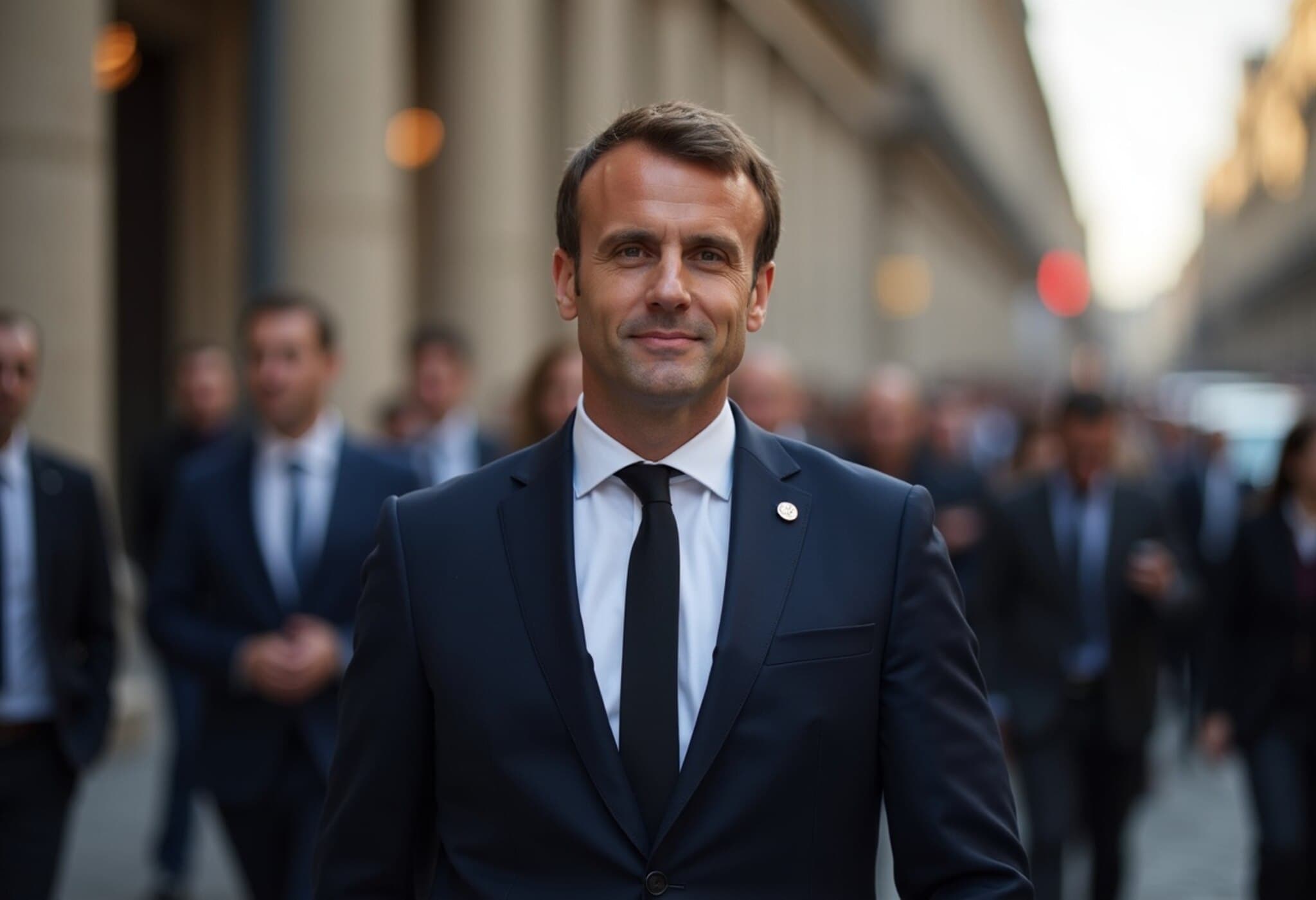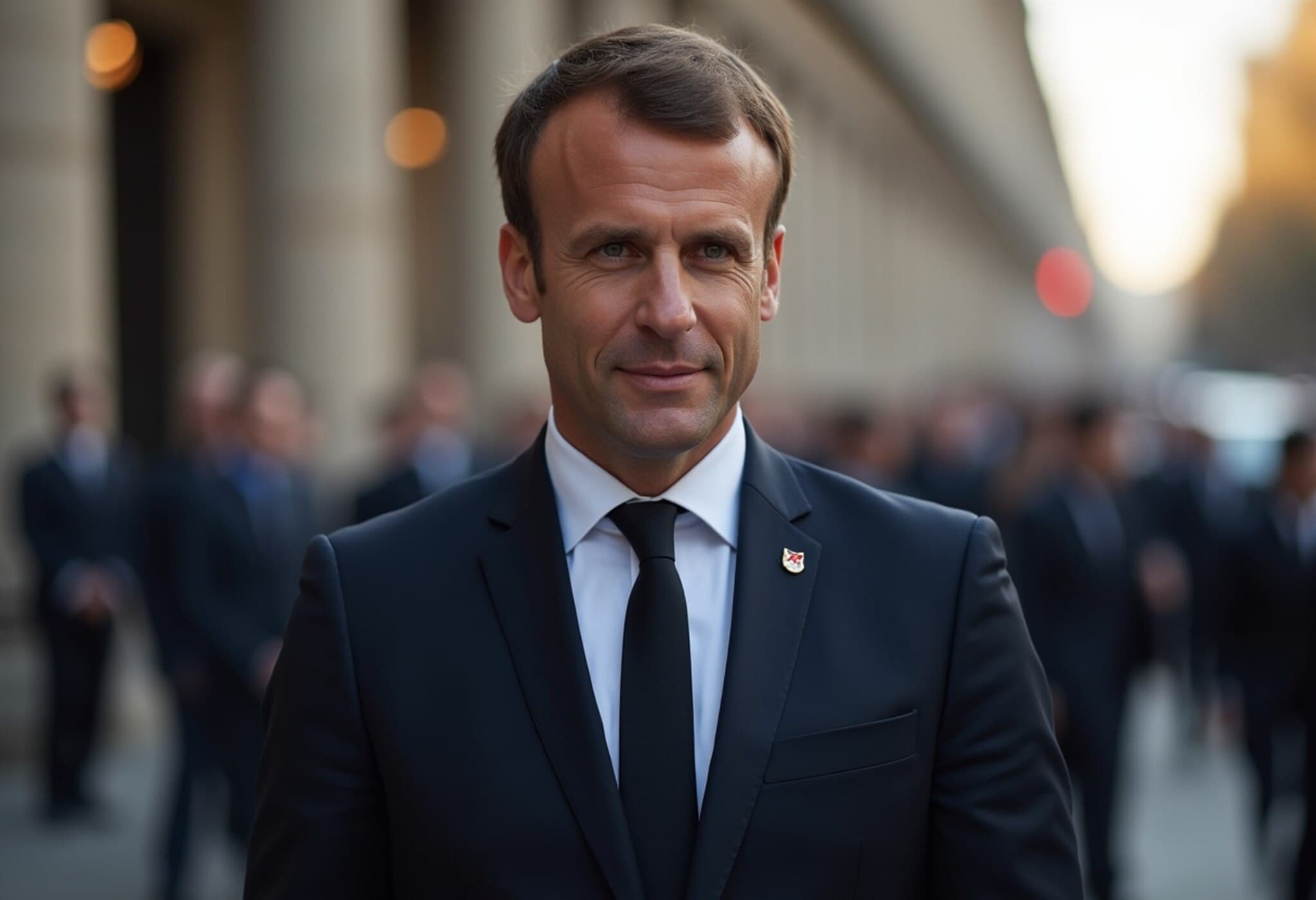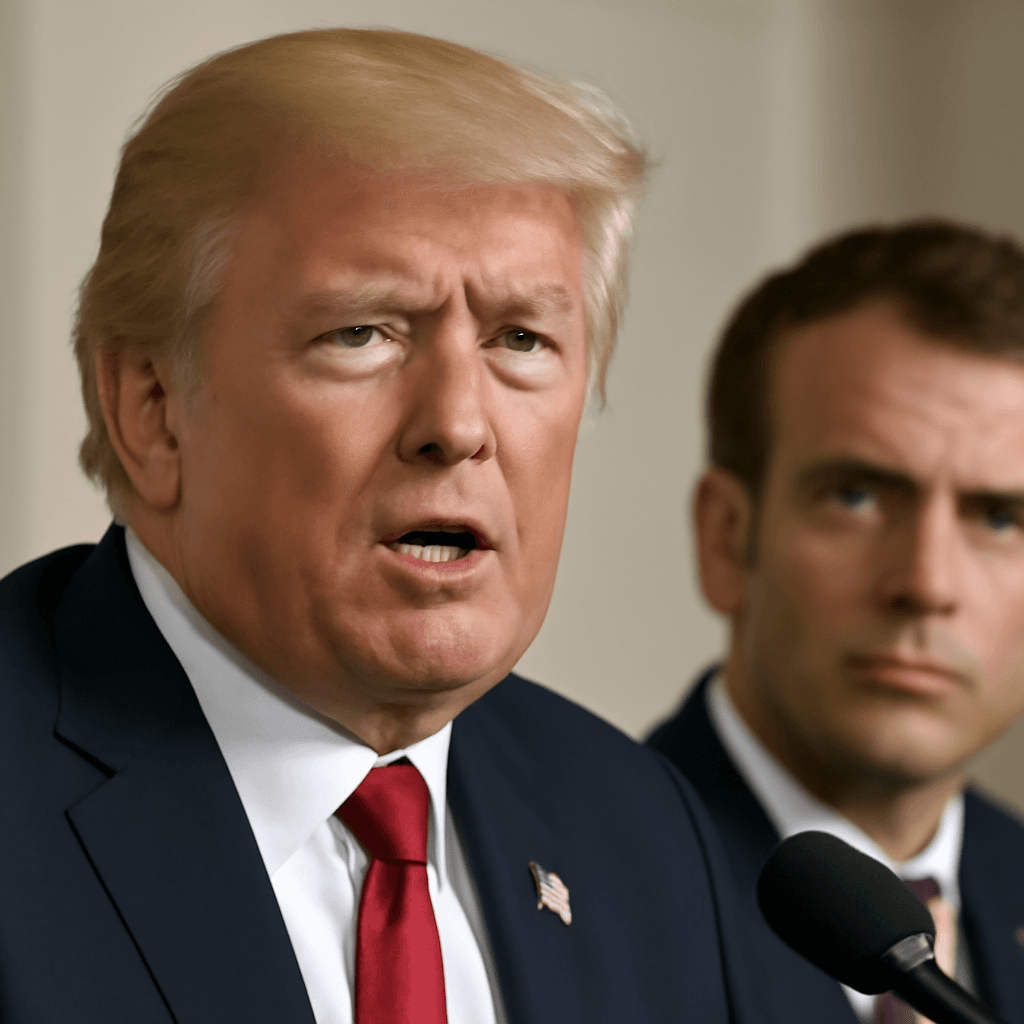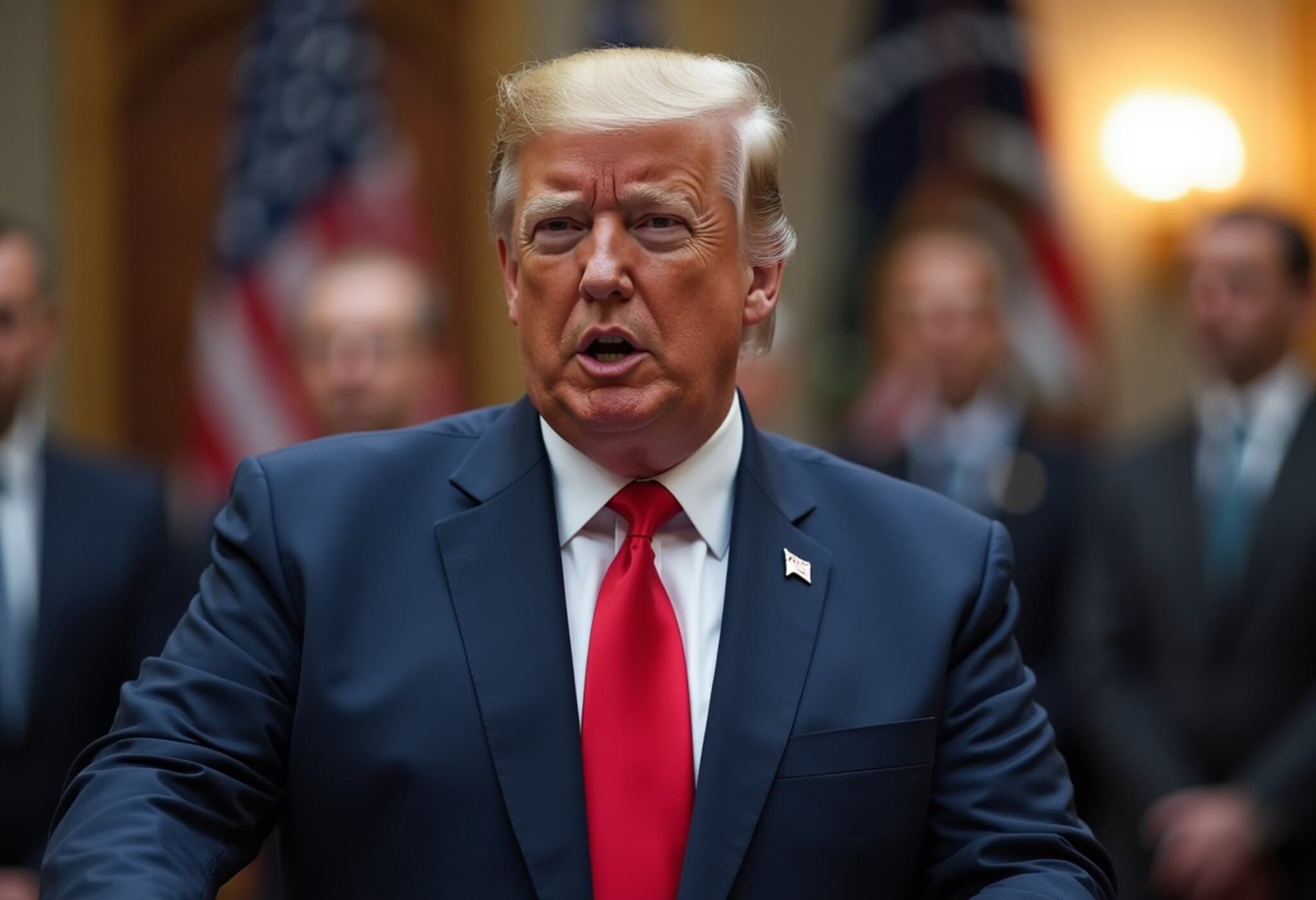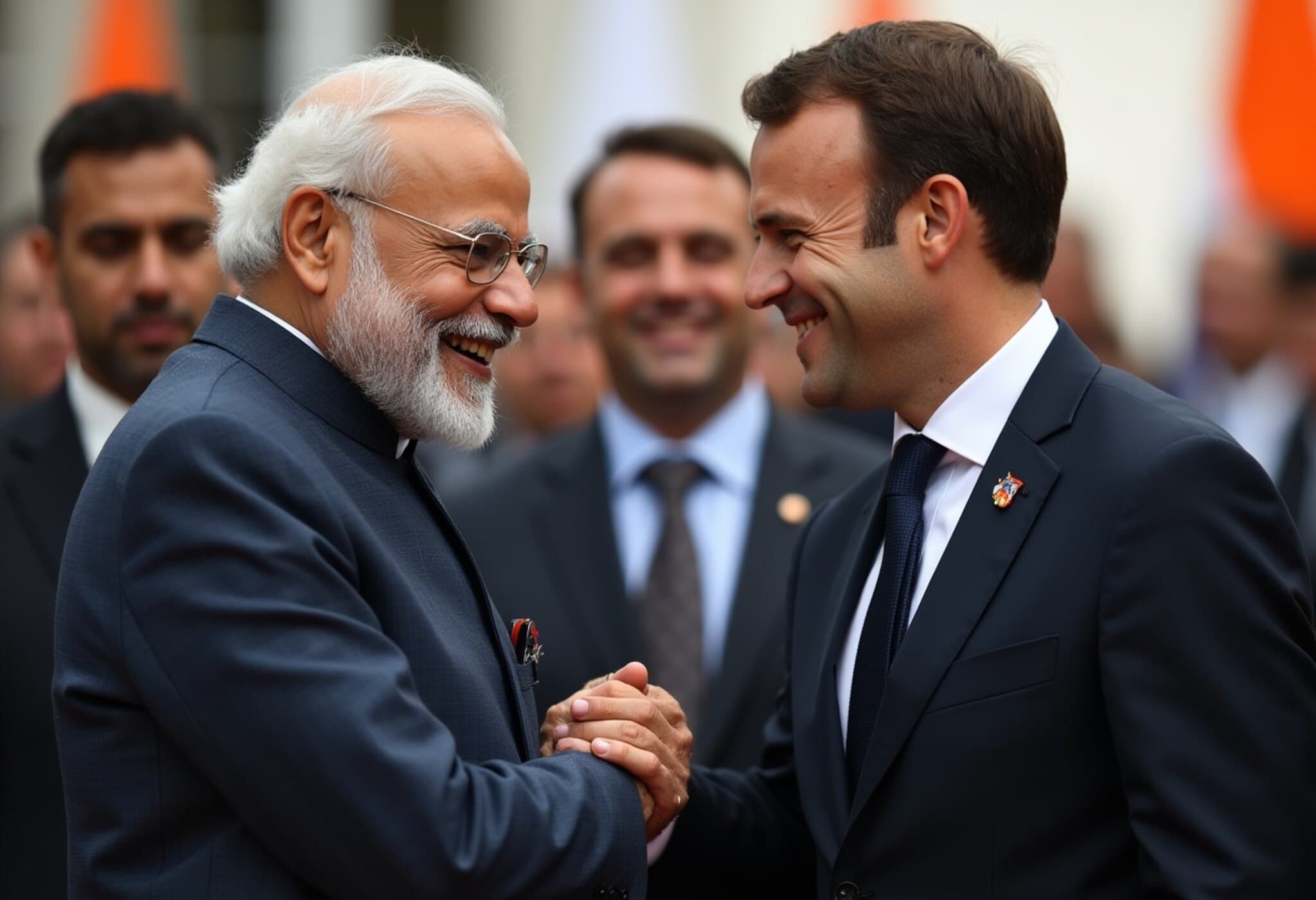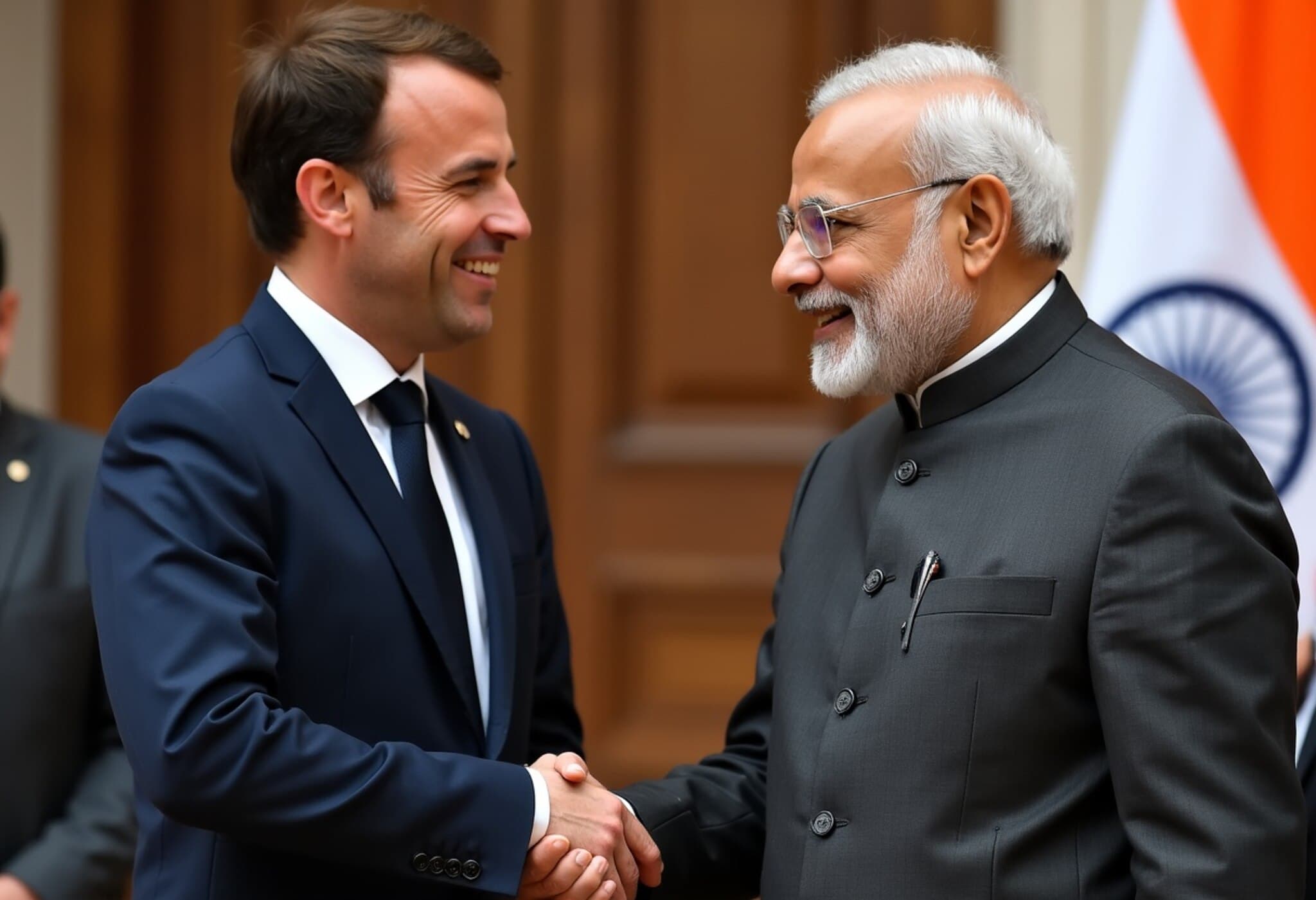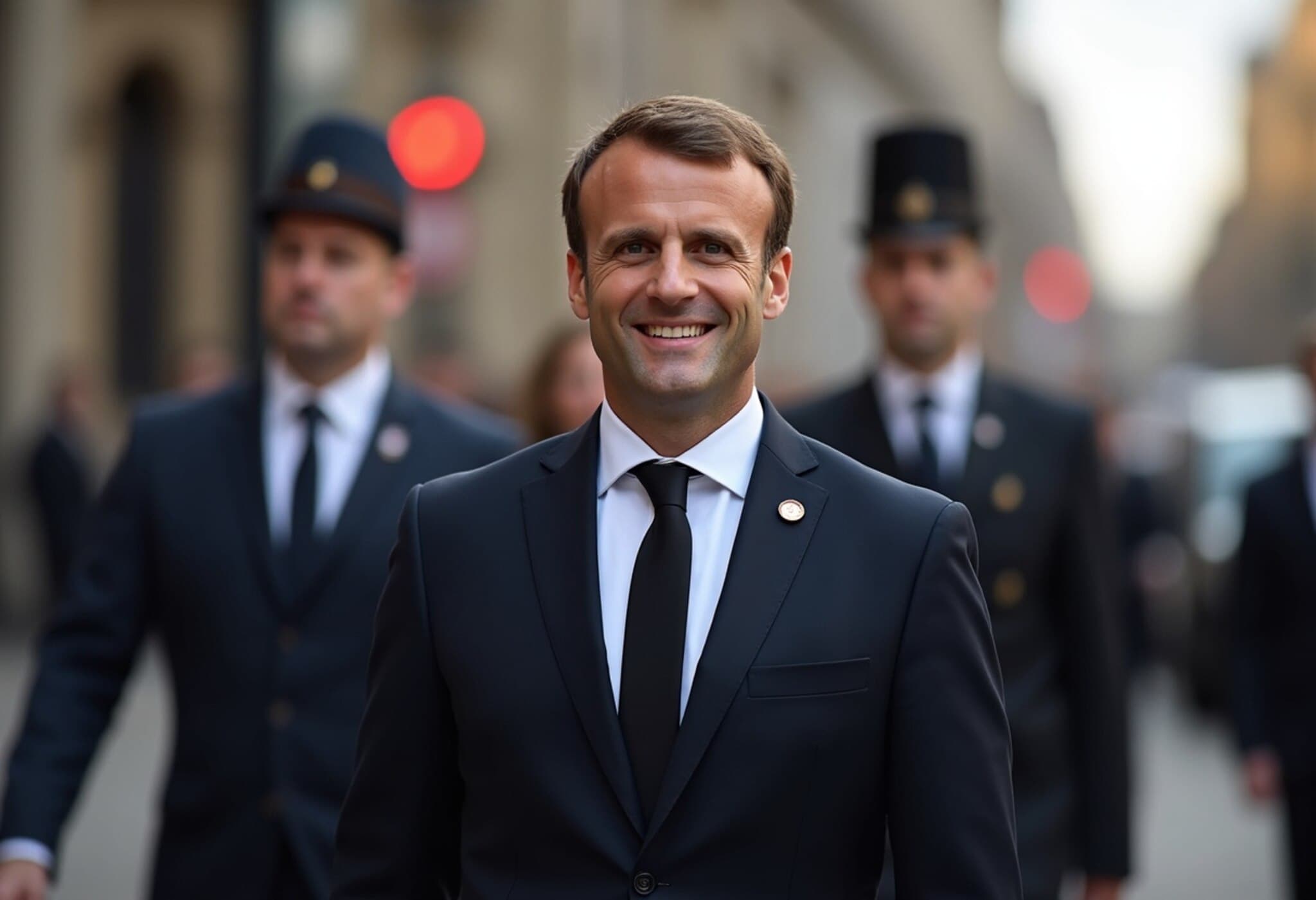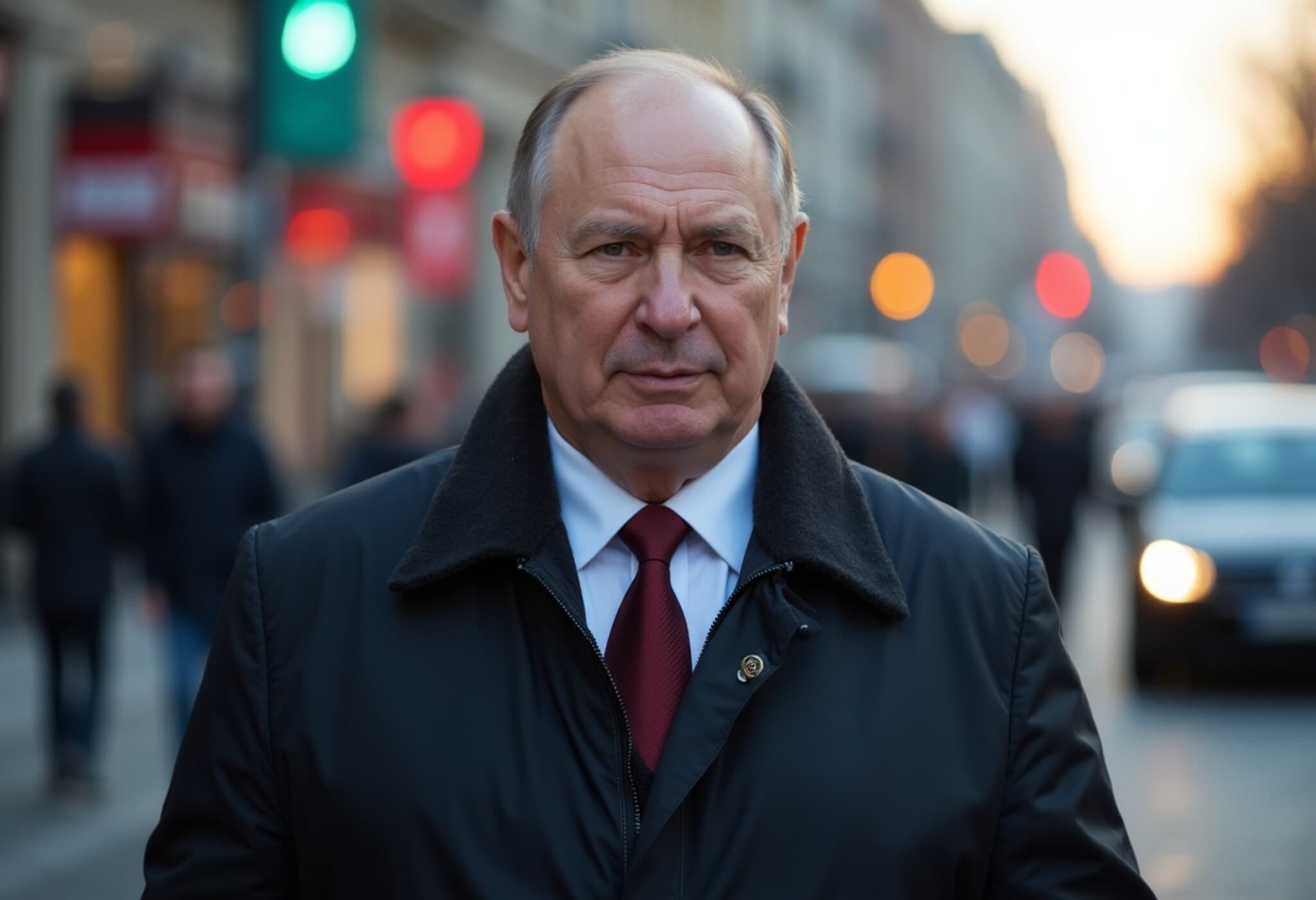Emmanuel Macron Signals Interest in 2032 French Presidential Election
As French President Emmanuel Macron’s current term approaches its 2027 conclusion, whispers of a possible third presidential bid in 2032 have begun to circulate. This intriguing prospect challenges the conventional political landscape in France, where the presidency is traditionally limited to two consecutive five-year terms.
Constitutional Nuances Allow a Third Term After a Break
Under the French constitution, presidents may serve no more than two consecutive terms but are allowed to run again after stepping aside for a term — opening the door for Macron's potential comeback. Having first taken office in 2017 and securing re-election in 2022, Macron’s next five years will be pivotal. His recent statements suggest he is seriously contemplating leveraging this constitutional allowance.
Macron’s Unconventional Challenge: Low Popularity Amid Global Turmoil
Despite his international stature as a centrist European leader advocating strategic autonomy and strong continental security, Macron’s domestic approval ratings tell a different story. Polls show his approval sinking to a near-record low of 22% according to Elabe, reflecting growing public dissatisfaction amid economic challenges and social unrest.
His tenure coincides with significant external pressures, notably the ongoing conflict in Ukraine that has reshaped European security dynamics, and the rising tide of far-right politics that Macron has battled both at home and on the European stage.
Macron’s Vision and the 'Counting on You' Appeal
In an emotional appeal on Sunday, Macron conveyed a message that blends hopefulness with political pragmatism: “I still need your help and I’m counting on you — for the next two years … in five years, in 10 years. You’ll be here, and count on me, I’ll be here with you.” This carefully worded statement fuels speculation about his long-term political ambitions despite his earlier contentious remarks framing the two-term limit as “damnable bullshit.”
What a 2032 Run Would Mean for French Politics
- Breaking Norms: Macron running for a third term would challenge France’s established political traditions and perhaps pave the way for a shift in presidential term limits discourse.
- Strategic Positioning: Macron’s continued commitment to a European leadership role, especially amid a fragmented geopolitical landscape, positions him uniquely as France's and arguably Europe’s centrist bulwark.
- Domestic Implications: With a polarized electorate, Macron's potential return could further energize both his supporters and detractors, influencing far-right dynamics and centrist politics alike.
Expert Insight: The Long Game in a Changing Europe
Political analysts suggest Macron’s hints at a future run reflect a strategic patience, positioning himself as a steady hand in European affairs amidst rising uncertainty. His emphasis on ‘strategic autonomy’ aligns with France's ambition to reduce dependency on external powers, a stance that resonates deeply in the context of transatlantic relations and NATO's evolving role.
However, for Macron to succeed in 2032, he must rebuild public trust and navigate the complexities of internal French politics, where economic grievances and social divides persist.
Looking Ahead: What to Watch Before 2032
- Political Climate: France’s 2027 presidential election will be a barometer of Macron’s enduring influence.
- Approval Ratings: Monitoring Macron’s domestic approval over the next years will reveal if public sentiment shifts favorably.
- Policy Impact: Macron’s handling of economic reforms, social policies, and European security initiatives will shape his political capital for a potential return.
- Opposition Strength: The rise of far-right and left-wing contenders in the interim could significantly shape the field Macron would face in 2032.
Editor’s Note
Emmanuel Macron’s contemplation of a third presidential bid challenges not only constitutional parameters but also the evolving expectations of French voters and European leadership. As his approval ratings falter, the question remains: can a fractured electorate embrace a seasoned leader looking to extend his influence beyond traditional limits? The coming years will reveal whether this ambitious vision resonates or falters under the weight of political reality.
For readers interested in the future of European politics and the delicate balance of power within France, Macron’s journey offers a compelling narrative on resilience, leadership, and the evolving nature of democracy in the 21st century.


